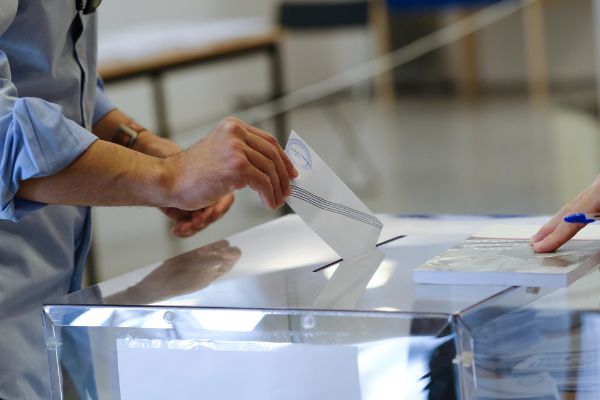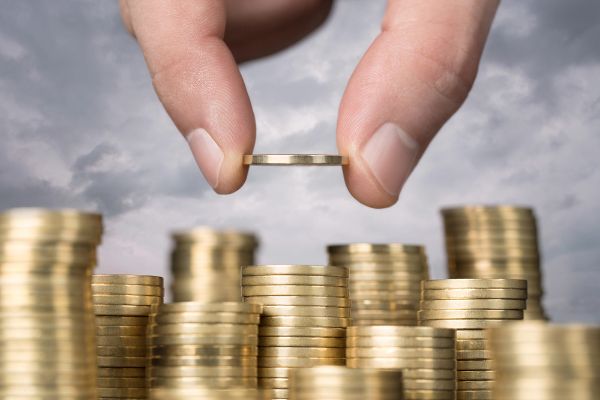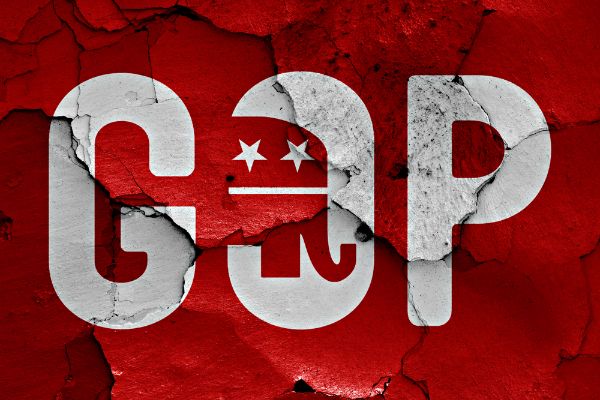When people tighten their belts, it’s because they either do not have enough money to buy more than the necessities, or they’re holding on to their wallets out of dread for the future.
Consumer spending is sometimes referred to as the “engine of the economy”—and it’s running out of gas. According to the Wall Street Journal, people are “beginning to freak out”:
“Three of the last four months have seen a decrease in retail spending. After adjusting for inflation, spending on services, which includes haircuts, rent and the majority of bills, was flat in the month of December, the weakest monthly showing in over a year. As mortgage rates soared, sales of existing houses in the United States plummeted to their point since 2014. The automotive industry had its worst year in more than ten years.”
Consumer spending growth is decelerating in every major category, from services to goods.
The squeeze on households is becoming clear. pic.twitter.com/14eIJBScWz
— Eric Basmajian (@EPBResearch) January 28, 2023
Consumer spending actually increased during the end of 2020, at the peak of the pandemic, as a stranded populace purchased new TVs, exercise cycles, and laptops to pass the time. Then came the stimulus payments, which were billions of dollars in government money. Who feels bad about treating themselves to a small treat when a large, unexpected check arrives in the mail?
Those days are long gone. Consumers are leery of committing debt on high-interest rate credit cards or taking out a six-percentage-point vehicle loan now that Biden’s inflation has become the standard. Housing sales have dropped because mortgage rates have hit a 20-year record, raising monthly payments by hundreds of dollars or more. The Federal Reserve, meanwhile, has indicated that another rate hike is possible this week.
What is the significance of consumer spending? If it does not pick up soon, we may soon find ourselves in a recession.
Consumer spending accounts for around 70% of economic activity. A downshifting consumer is one of the main reasons why academic and business economists estimated the likelihood of a recession in the next year at 61%.
The low unemployment rate of 3.5 percent is one of the few favorable economic indicators. However, digital and retail behemoths such as Amazon, Meta, and Google, among others, have lately announced significant layoffs, while other firms are laying off temporary workers and people are taking much longer to find work.
I’m not an economist, but I don’t believe you need to be one to understand what’s going on here: simply go to your favorite grocery store or restaurant. You are unlikely to go home and make an impulsive Amazon buy for that product you don’t actually need once you have recovered from your shell-shock.
These conditions have been brought on by Biden’s bloated Inflation Reduction Act and drunken sailor spending, and it might become a lot worse before it gets better.




Comments are closed.